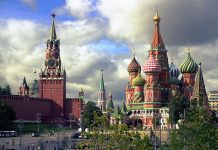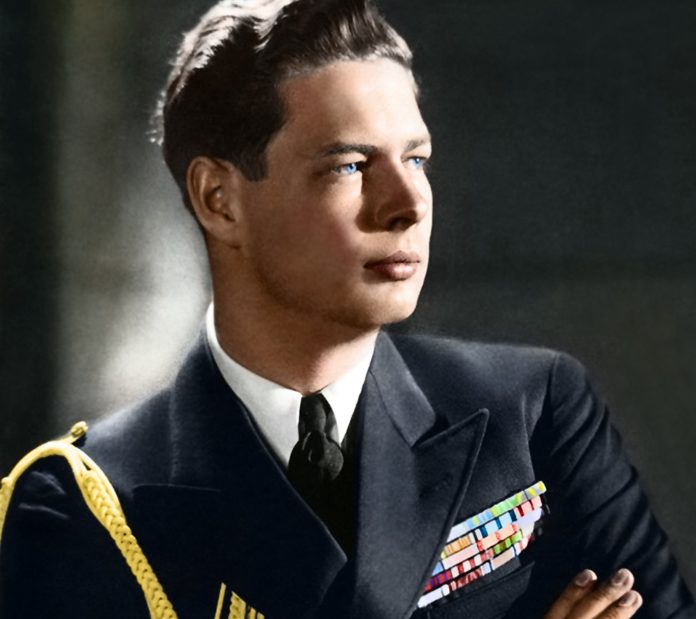Romania on Monday remembered the late King Michael I as a symbol of democracy for his fight against the forces of communism on what would have been his 100th birthday.
Coup
Michael first ascended to the throne aged five after his father eloped and his grandfather King Ferdinand died. In 1930, his father Carol II returned to the country and was crowned king. But in 1940 during World War II, he was ousted in a coup.
Michael was 18 when he was succeeded to the throne for a second time. He is best remembered for removing pro-Nazi dictator Marshal Ion Antonescu in a coup in 1944 and taking Romania over to the Allies.
The Axis front had just collapsed in northeast Romania and the country was overwhelmed by a Soviet offensive.
Red Army
After the coup, the Red Army intensified its advance into Romania and took more than 100,000 prisoners of war. Most were deported to the Soviet Union. Hostilities ceased in mid-September when Romania signed an armistice with the Allies.
Michael was forced to abdicate at gunpoint at the Elizabeth Palace on Dec. 30, 1947, and within hours the Romanian Peoples’ Republic was established. He was then sent into exile until communism ended in 1989. He was Romania’s last king.
After Romania embarked on the path to democracy, the government remained wary of the former monarch and feared his popularity. He was deported once in 1990 and turned back at the border a few years later.
He was finally welcomed back in 1997 when his citizenship was restored. He died in 2017 aged 96 in Switzerland where he lived.
“Even today, King Michael is remembered by many Romanians as a symbol of democracy, of the fight against communism. He is (a symbol) of hope, am example of modesty, dignity and love for his country,” a statement from the Institute for the Investigation of Communist Crimes said.
Immense responsibility
It described how “an immense responsibility” had been put on his shoulders from a young age “which he fully lived up to.”
“His firm decisions and resistance to the acute pressures of the time decisively changed the course of history.”
It praised his courage in standing up to the communists who took over Romania after World War II ended.
In 1947, Michael was a guest at the wedding in London of then Princess Elizabeth to Prince Philip, who were both relatives.
Communist government
The newly installed communist government hoped he would use the occasion to remain there, but he returned home in November 1947.
A month later he threatened at gunpoint and forced to abdicate. He left the country with his mother at the end of 1947.
The statement called him one of the “principle obstacles” in the “Sovietization” of Romania. “He was thrown out of the country, and constantly wronged by the communists who rewrote history.”
Beacon of hope
“Still, his love remained unwavering and he was a beacon of hope for Romanians during the communist period.”
Even in exile, he acted on behalf of his country, supported democratic parties, gave interviews to Radio Free Europe and others :”and fought for Romania all his life whether he was in exile or turned back at the airport as happened in the post-communist years.”
Behind the scenes, the king lobbied for Romania to join NATO and the European Union, he supported human rights, historical truth, the rule of law and democracy.
“He died on December 5, 2017….. although for many Romanians he will remain alive for ever.”


















